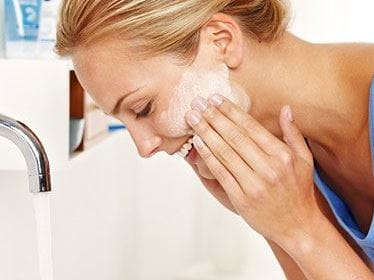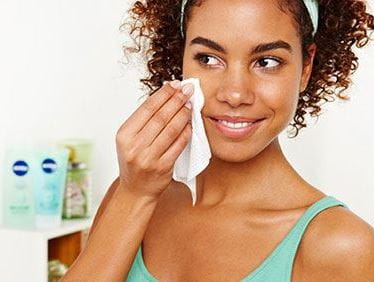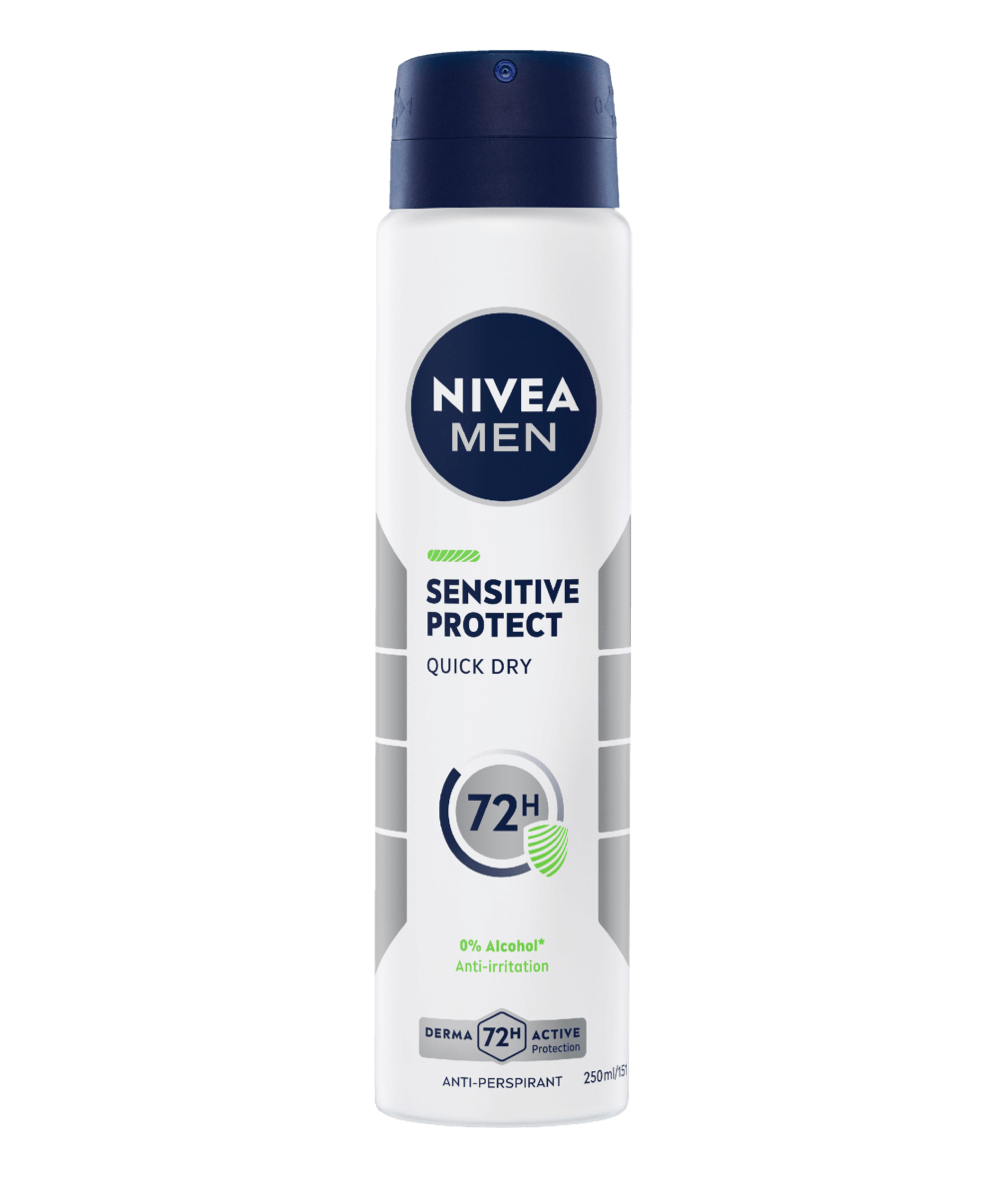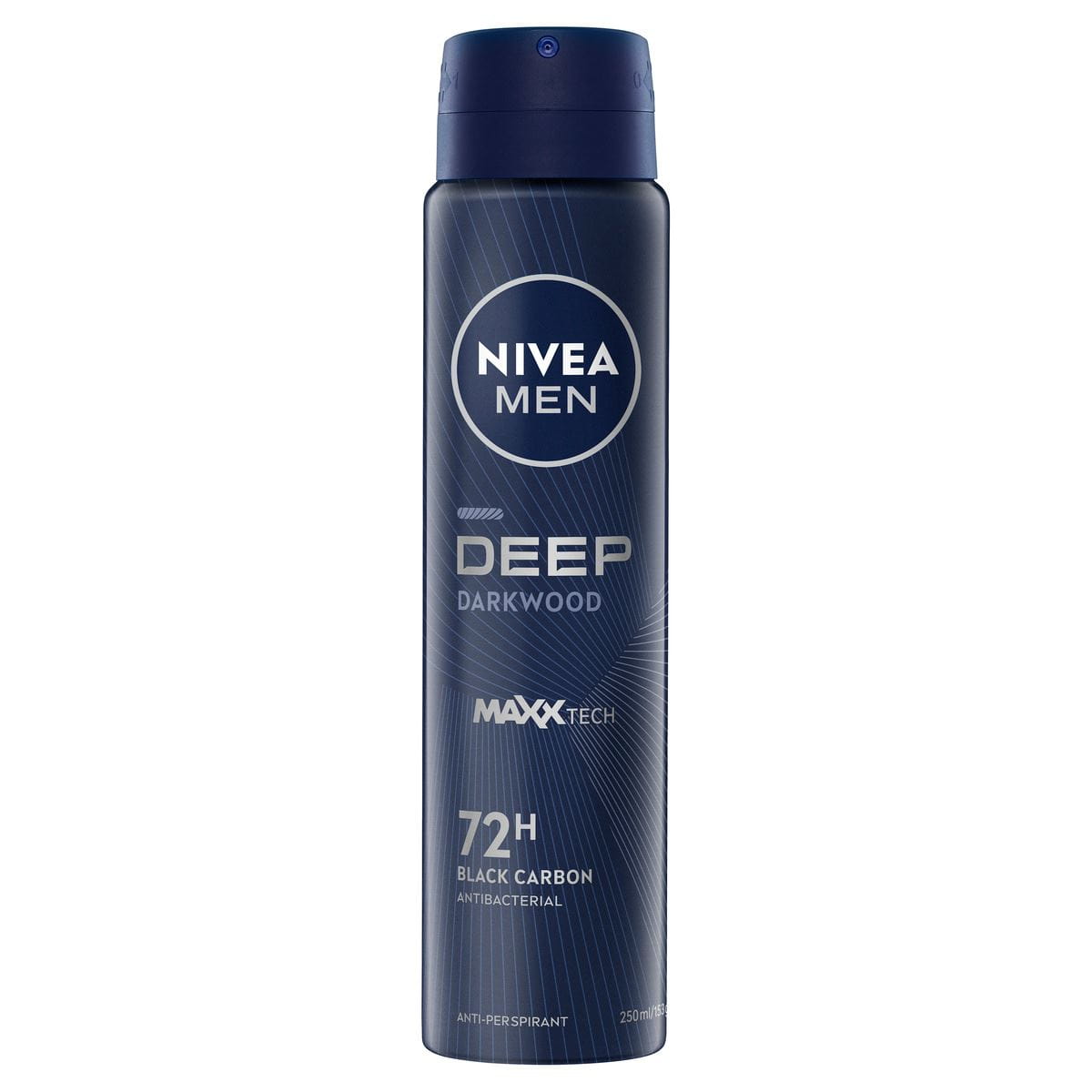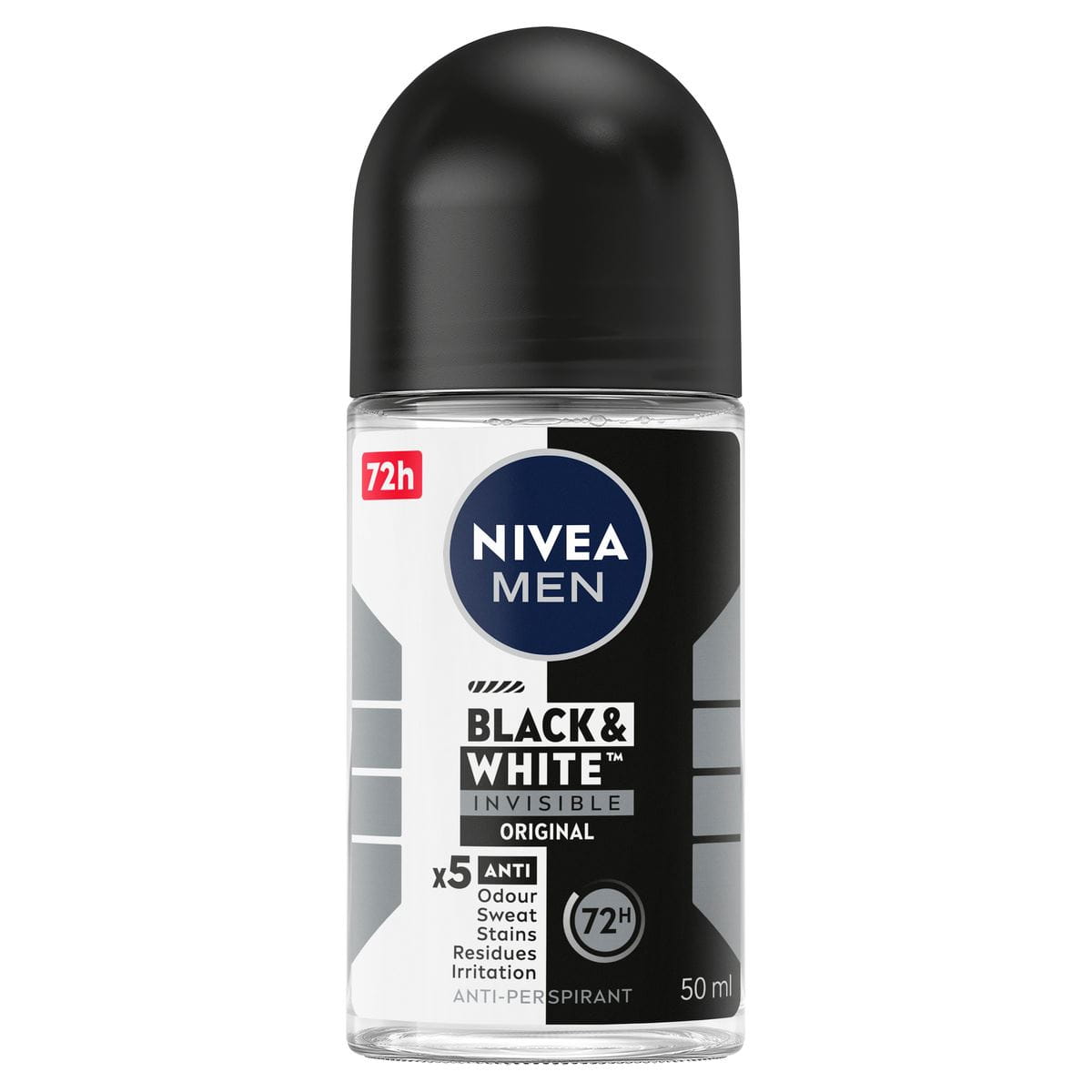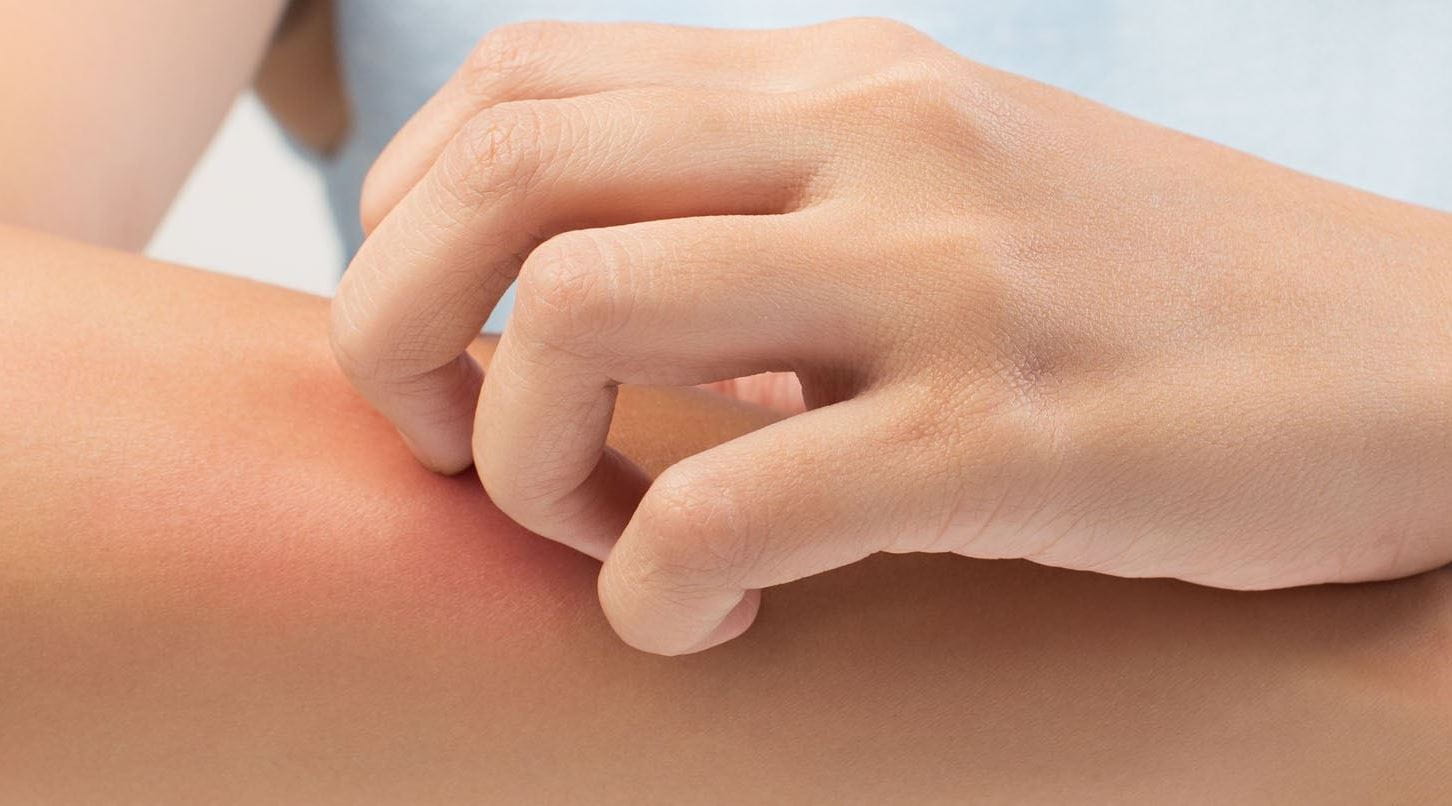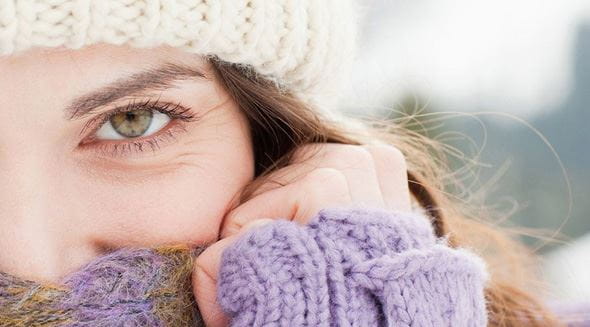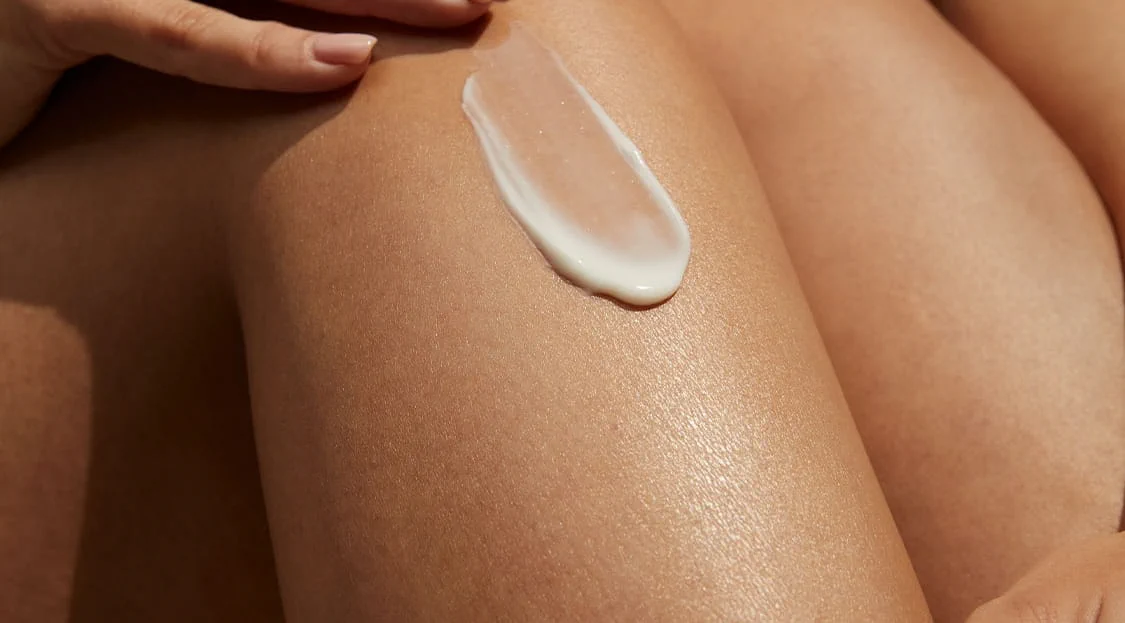
What Causes Acne, Pimples and Blackheads?
When acne strikes, it can feel like the end of the world. Finding a quick fix might be your sole focus, but it’s important to understand what might be causing your breakout. Getting to the root of your acne is the best and safest way to clear your skin.
WHAT CAUSES ACNE?
WHAT CAUSES BLACKHEADS?
Blackheads are one of the milder symptoms of the skin condition acne.
Knowing what might be causing your blackheads could help you find a way to manage breakouts and avoid your acne from becoming worse.
If you notice blackheads popping up, consider whether one of these four causes is to blame:
WHAT CAUSES PIMPLES?
Knowing what causes pimples and skin blemishes is the most important and effective way of achieving clear, glowing skin that lasts.


